As I have also mentioned in the past, after the first two seasons, the quality of “My Hero Academia” decreased significantly, with the fifth one, which was essentially a preparatory one for the big clash that was about to follow, being probably the worst. Thankfully, and although a number of the issues the series faces are still present, the sixth one signifies a return to form for Kenji Nagasaki and the whole crew behind the title.
The season follows the climactic battle between the Heroes and the students of U.A. High School, most of which have been assigned evacuation duties, and the Paranormal Liberation Front led by Tomura Shigaraki. With information gathered by Hawks, while undercover at the merged-villain group, the Heroes confront them in two groups, with one group infiltrating the hospital where Dr Garaki has been creating Nomus while upgrading Shigaraki and one that will storm the Liberation's headquarters at the Gunga Mountain Villa. Mirko and Dabi are among the protagonists from each side in these first episodes but when Shigaraki finally unleashes his destructive new powers, the Heroes find themselves in unprecedented danger. Finally, Dabi reveals a secret that shocks both them and the public to its core.
The second half of the season focuses on the aftermath of the war and Dabi's revelations, as the Heroes try to recover from both while continuing to save civilians and capturing villains. When All For One escapes from Tartarus and the secrets of One For All begin to be revealed to the public, Izuku realizes his powers make him a special target for the at-large villains and therefore his presence at school endangers his classmates. Izuku decides to leave the school in order to assist the Pro Heroes as they attempt to lure the villains out of hiding. At the same time, the aftermath of the battle, with a number of Heroes still recovering and all the revelations have forced citizens to take weapons in their hands to protect themselves, a decision that has dire situations, while their trust in their former idols and protectors is essentially non-existent.
Since I already mentioned the negatives, allow me to start with those. The pacing, particularly in the beginning, is quite faulty, probably because the first episodes of the season conclude the previous arc in the manga. During the battles, the flashbacks are annoyingly extensive, occasionally even having the protagonists mentioning something that has just happened. The deus ex machina trope has been done to death and continues to do so here, while the fanservice, particularly regarding certain female characters, has reached annoying levels. Lastly, the fact that there are too many heroes in the series, almost none of the central ones seems to die, and more keep being introduced, is also a tick in the cons column, since the majority of them ends up being completely irrelevant. All these, however, do not matter all that much, since the positives in this season outlast them by far.
In the most obvious trait of the season, and since the intense fighting begins essentially from the first minute, the action this time is probably on the highest level we have seen since the beginning of the franchise, both in terms of drama/entertainment and in terms of animation. Mirko's presence in the beginning sets up the tone, as does Endeavor's battles with the High Nomus and his overall cooperation with Eraser Head, while Hawk's fate and Mt. Lady's efforts conclude this first part of battles. The true epicness, however, begins when Shigaraki unleashes his Decay, with the destruction (or deconstruction if you prefer) of anything in his way being one of the most impressive disaster scenes in the whole series. The appearance of Gigantomachia, and the joining of Dabi against Endeavor, Deku and essentially all the Heroes present bring the battle to a full throttle, with the drama intensifying by the fate of the members of the Academy, who realize their vulnerability in the most hurtful way.
The animation by Bones finds its apogee in those sequences, with the speed of some of the characters, and the size of others like Gigantomachia and Mt Lady being excellently handled, with the punishment all characters receive being particularly impressive. The aforementioned destruction and its aftermath also highlights the job done in the drawing of the backgrounds, with the setting becoming essentially dystopian after the battle, in an aspect that induces the title with a sense of darkness that was not there before, and actually works quite well, even if Nagasaki does not retain the seriousness at all times.
At the same time, one of the elements that, during the first two seasons, allowed “Academia” to move beyond the plethora of shonen titles, is here, thankfully once more. The public opinion, and the way it is shaped by facts and misinformation is presented in full bloom after the battle, with the people essentially having turned against the heroes whom they consider unable to protect them. Furthermore, the fact that Deku is targeted by All for One has deemed him a pariah among the public, who do not want to even exist near him due to the danger he represents, an attitude that essentially forces him to exile, adding even more to his psychological portrait. Both these aspects also lead the context to the concept of vigilantism, which is depicted here in the darkest colors, as the common people who take up weapons against super villains end up doing more damage than good, while Deku believes that he has become a liability and tries to avoid everyone, including his friends. These two aspects come into a clash in the excellent finale of the season, which does border a bit on the overdramatic, but still remains quite impactful.
Lastly, and in the concept that is examined throughout the series, the question of what is a hero also emerges in conjunction with the aforementioned, with Deku's role after the revelation and All Might's value after he has lost his powers being thoroughly examined, adding even more depth to the story here, even more so after Stain reappears.
The need for some heroes to die in order to add drama and to allow the audience to feel empathy for the rest is a fact for “My Hero Academia”, which its creators do not seem to share. However, that the series has started moving towards the right path once more is evident, and the following final battle that will definitely ensue seems like it would be one of the apogees of the series.


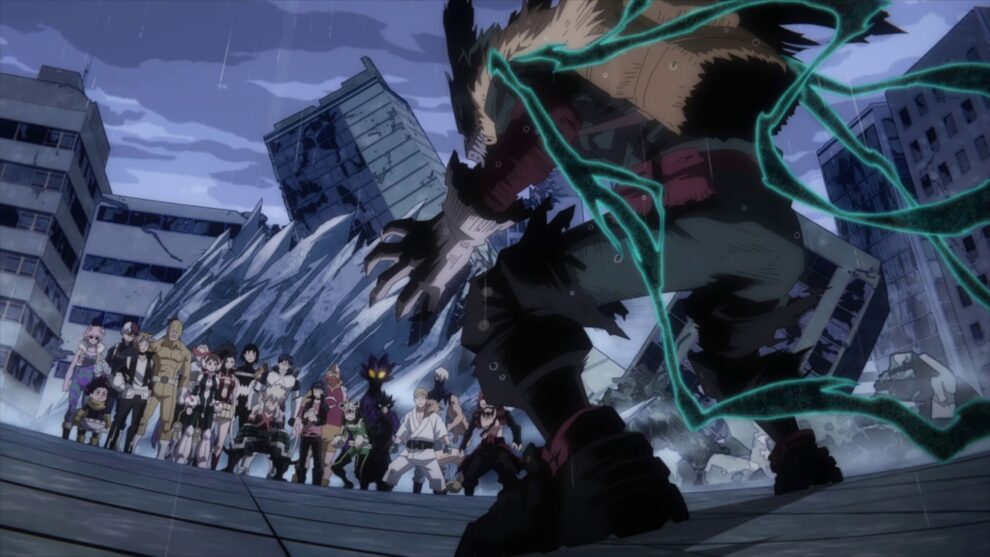

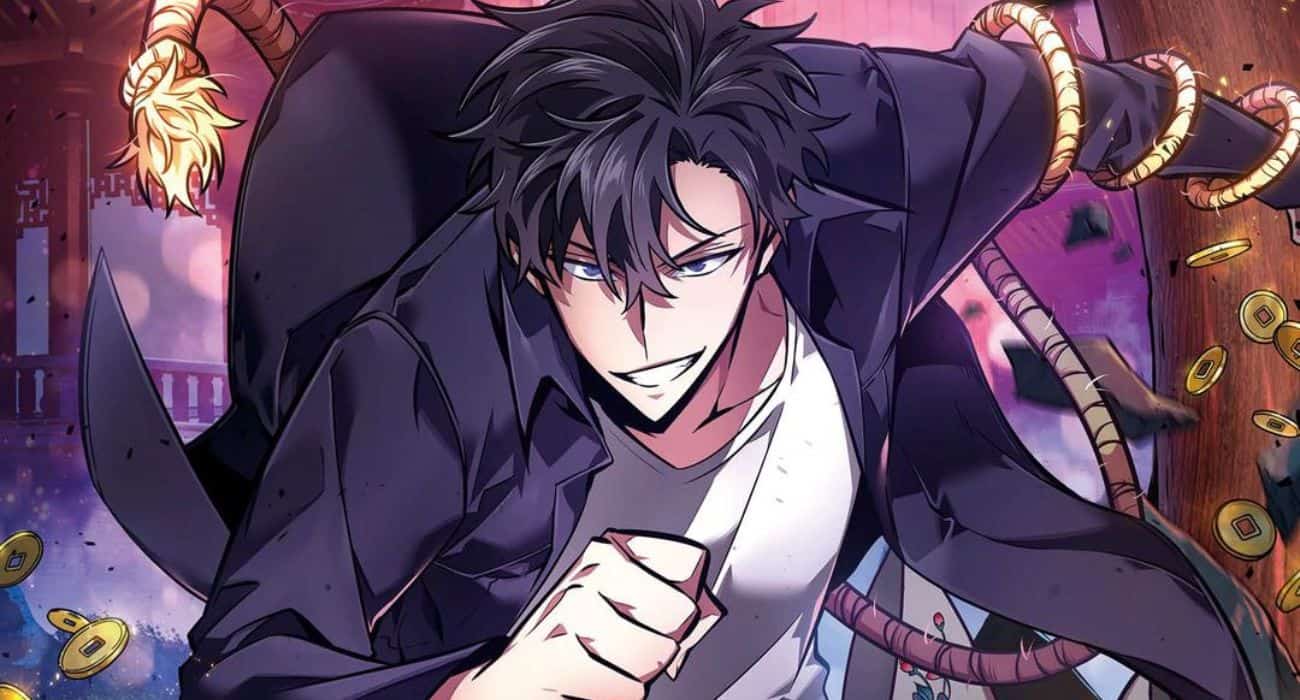
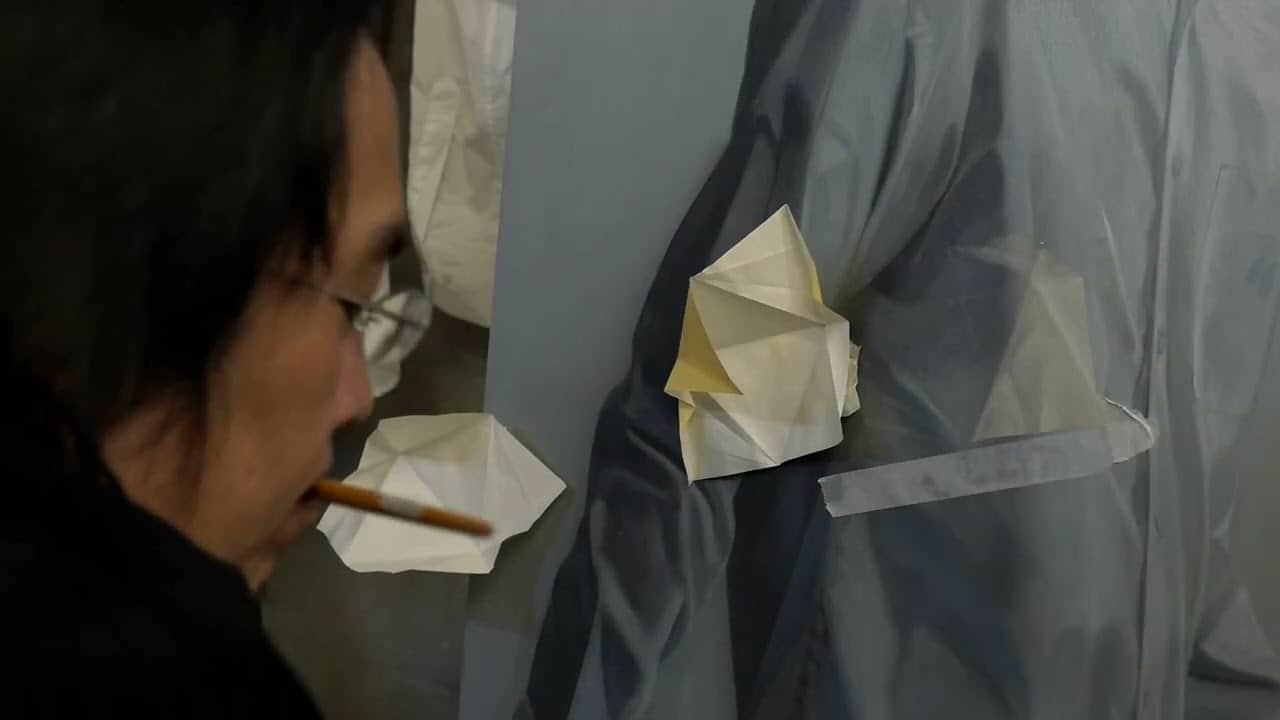
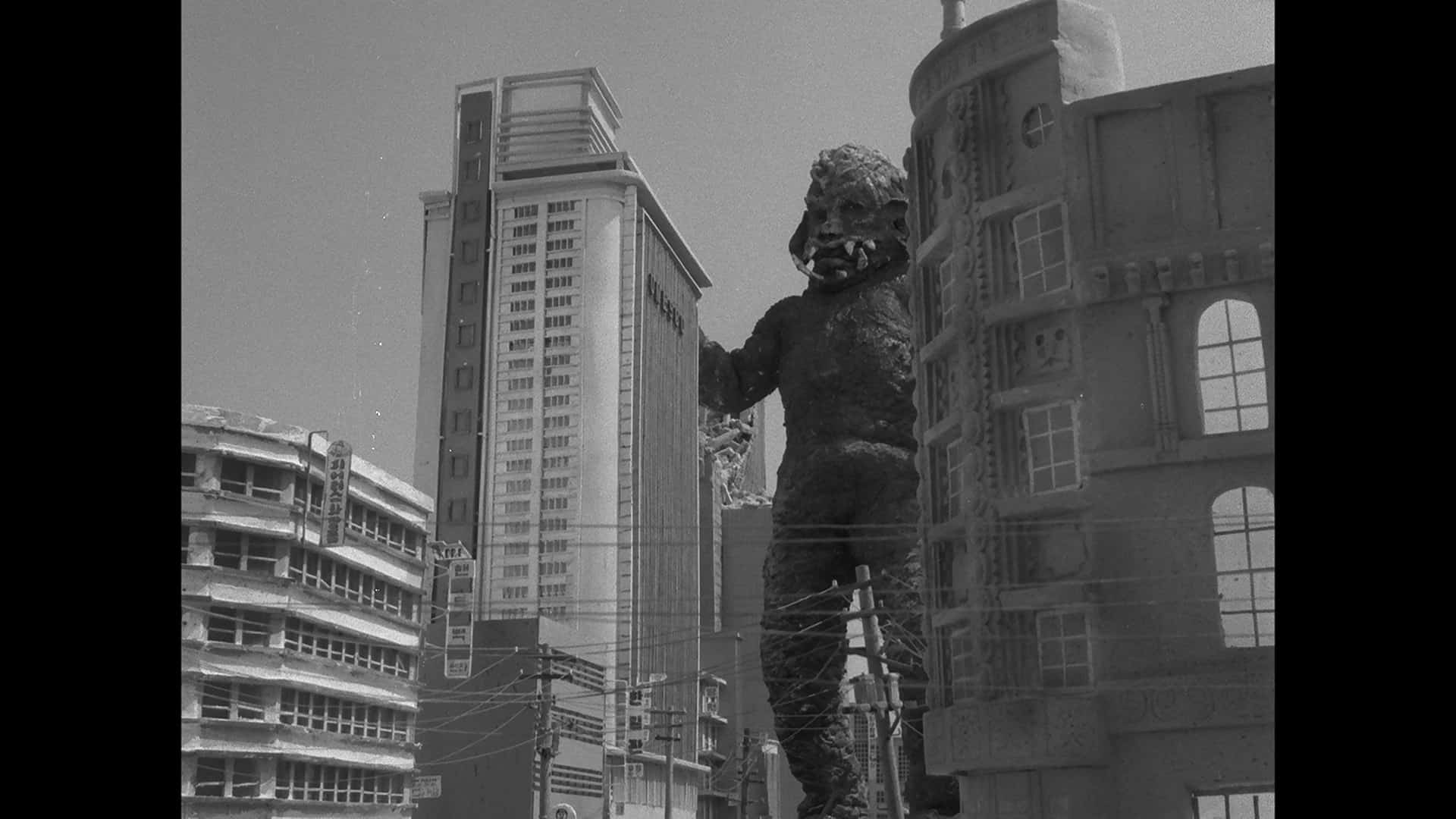
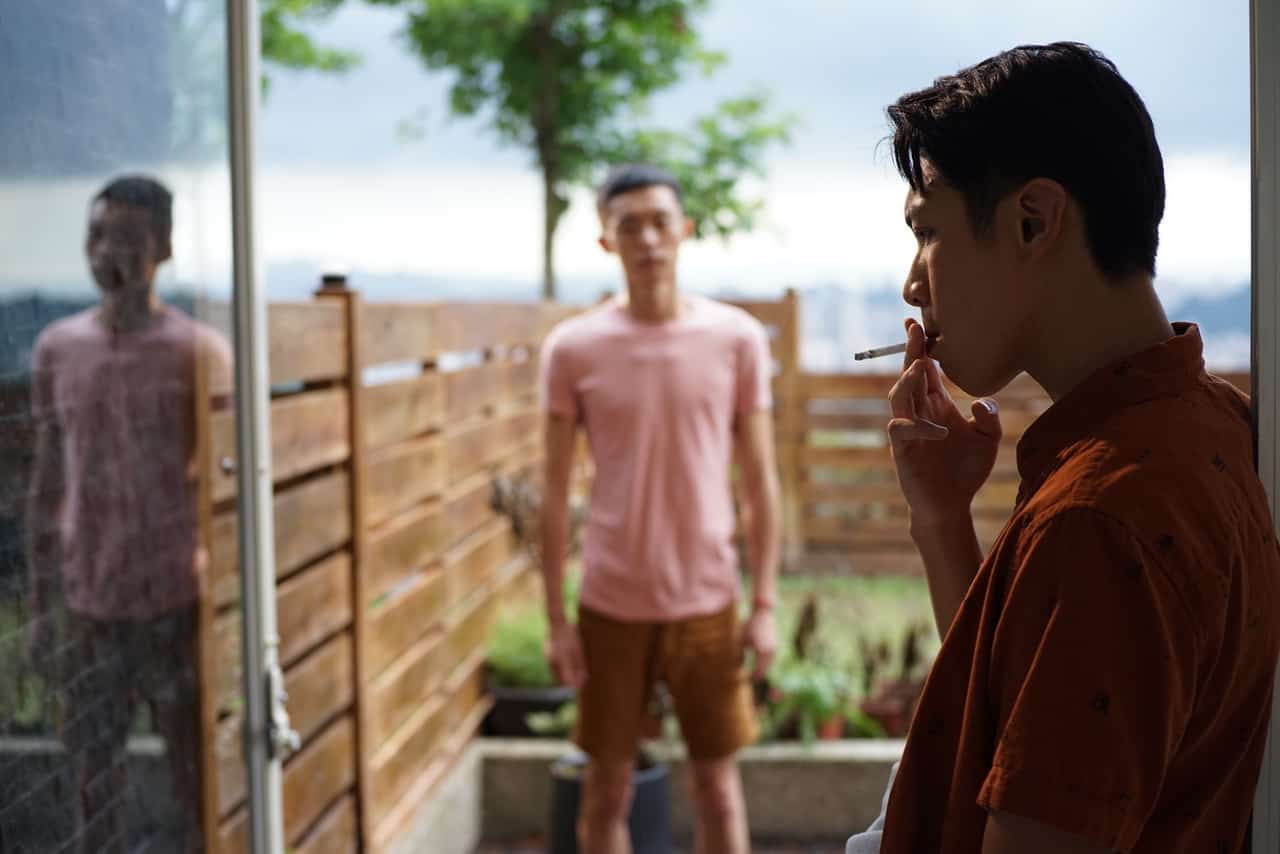
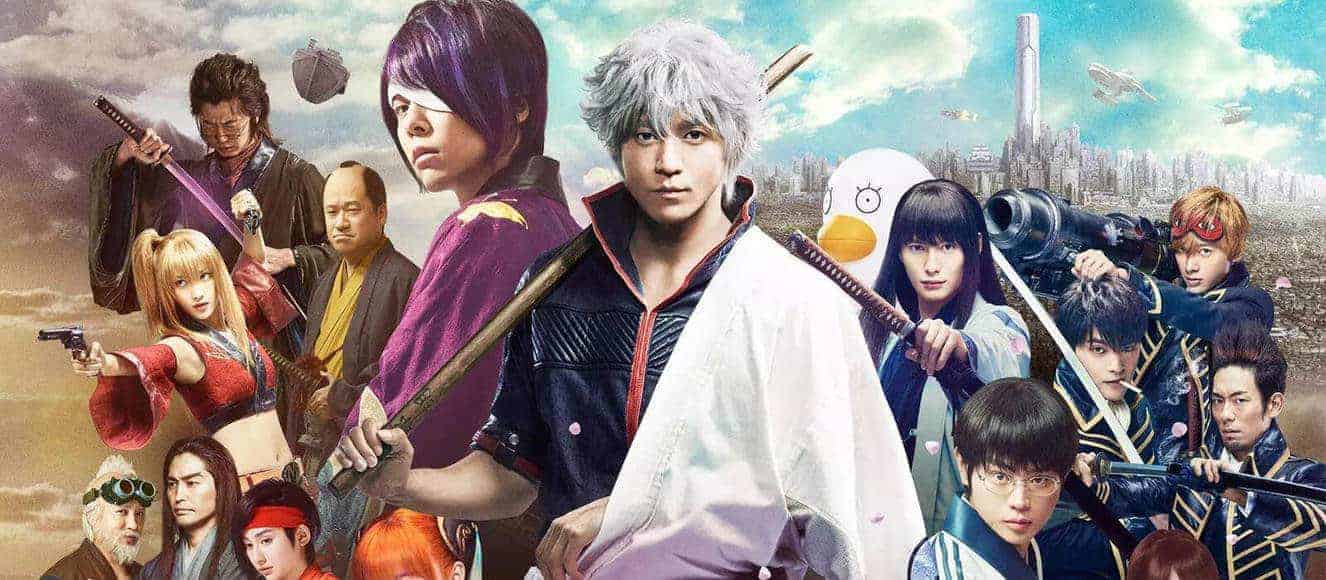








Thank you for this post it is very interesting to read your content, really appreciate your efforts.